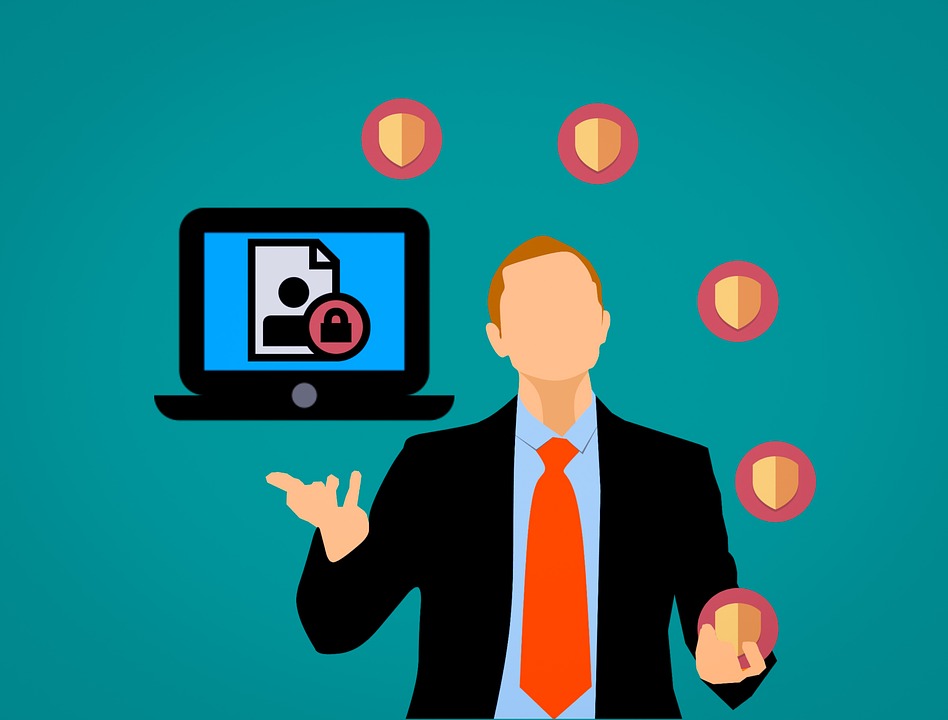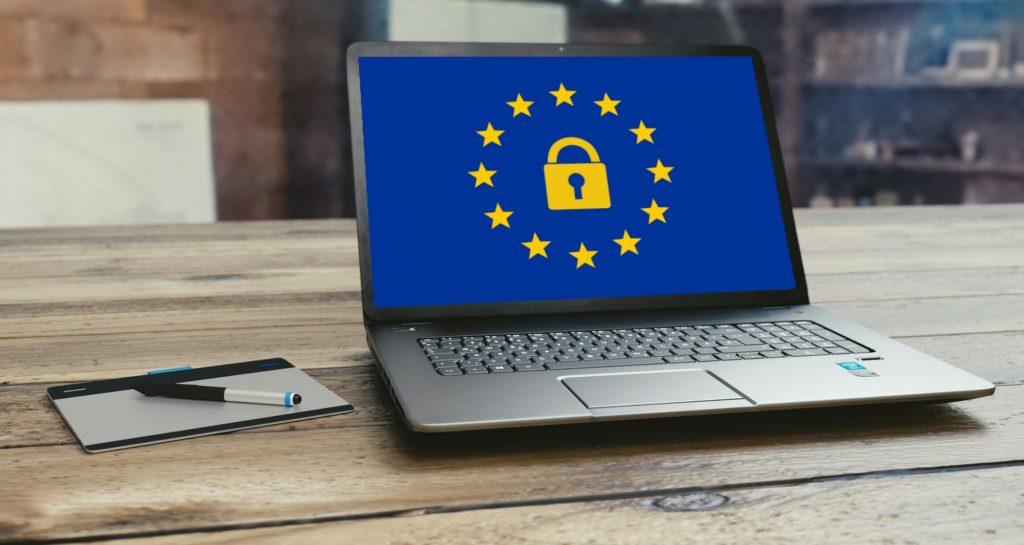Many businesses, especially SMEs, are unaware that they are at risk of data theft until it actually happens to them. This finding was supported by data from the UK’s Cyber Streetwise Campaign indicating that two-thirds of small businesses in the United Kingdom do not think that they are vulnerable to cybercrime. Because of this, it should not come as a surprise then that according to a 2018 Verizon Report, 58% of malware victims are also small businesses.
While there is no 100% guarantee that any method is foolproof, applying these recommended security measures will give you that extra peace of mind that you deserve.
Install anti-malware programs

One of the most common ways cybercriminals steal data is through malware. Malware is short for malicious software, which are usually harmful computer network programs like viruses, worms, adware, spyware, and Trojan horses used to access various devices stealthily. Nowadays, infecting a device with malware does not only happen by plugging external devices like USB sticks and hard drives. You can also get malware on your system electronically when you click a malicious email, download files, and visit unreliable websites. In fact, according to a 2018 Verizon Data Breach Investigations Report, around 92.4% of malware sneak into a device through email.
You can prevent malware from infecting your office network and risking data theft by installing anti-malware applications on all devices. The more advanced programs can detect even the most sophisticated malware. However, if installing an expensive anti-malware program is out of your budget, you will be surprised to know that even the most basic antivirus apps are still better than leaving your system vulnerable with no protection at all.
Enforce access control policies
With most companies digitizing their data and using Cloud technology, it has become much easier for employees to access and use the information on demand. But with this convenience, there is also the added risk of confidential data being vulnerable to data theft. Business owners often fail to realize that there is a need to enforce data restrictions so that unauthorized users will not be able to access sensitive business information.
This does not only apply to external users but to the internal employees as well. Depending on their job roles, employees should only be granted access to information related to their tasks. For example, entry-level employees, interns, and temporary staff should not be given access to the company’s financial information, legal contracts, and other confidential data assets.
Only use trusted third-party service suppliers
It is common for businesses to use third-party service providers to run business operations. In many instances, these service providers gain access to the company’s data so it is critical to choose with whom you work with very carefully. When selecting a supplier to work with, make sure to research about the company, its track record, and client testimonials.
Examples of third-party suppliers that usually gain access to your data are web hosting and email providers, cloud computing companies, and companies offering remote services. For example, having remote printer diagnostics connecting to an external company means that people outside of your business have access not only to your printers but also to your office network. When granting remote access, make sure to limit the duration of access and the specific part of the network the third-party supplier is allowed to access.
Aside from screening companies that have electronic access to your data, it is also important to scrutinize third-party service providers that gain access to your physical workplace. Building maintenance, facilities management, security, and catering are examples of such services that are often outsourced to third parties, especially by larger companies. Make sure that the suppliers are reputable companies and are not fly-by-night entities.
Use data encryption
You can add another layer of protection to your data by encrypting them. In case anti-malware programs and access control measures fail, having encrypted data will make it harder for data thieves to open and use the stolen information. When you encrypt your data, an encryption key will be required in order for it to be accessed.
Data encryption is also important because it ensures that your data is protected at all times, whether it is just stored when it is in transport. There are also data encryption programs that can protect your data across different devices. This means that even if you lose a device with access to that shared data, it will be more difficult to access because it is encrypted.
Update your software and apps regularly
How many times have you clicked the “dismiss” button when prompted that you need to update some of your device software and applications? A lot of people ignore these important updates and many are even guilty of skipping the automatic updates set-up by their IT guys. You may not be aware that these updates are actually essential to protect your system from a data breach.
Most programs often need to be updated to fix issues including security vulnerabilities discovered by developers. If your system is filled with outdated programs and apps, you are exposing yourself to potential risks so make sure that you’re always running the latest version.
However, it is also recommended to wait at least a week before installing the latest update instead of installing it on Day 1. The reason for this is because there have been instances wherein newly released software updates contained security flaws that were not discovered until users started experiencing them first-hand.
Block instant downloads and access to unreliable websites

During off-peak hours, many employees admit to browsing the internet to pass the time. While it may be harmless for your staff to read the latest news or watch a YouTube video, some of your employees may not realize that the funny gif image that they’re downloading to share with other colleagues is infected with malware. Another common scenario is when users try to download songs or videos from piracy websites, unknowingly downloading spyware in the process.
To prevent this, you can use web filtering software that can automatically block access to websites depending on the categories you choose, the nature of the websites, or the reputation of the websites.
Protecting your data is a worthy investment
The increasing number of businesses being dependent on technology also means that more companies are becoming vulnerable to different types of cybercrime, including data theft. Whether your business is a small start-up or a huge corporation, implementing security measures is definitely worth your time and your money.


